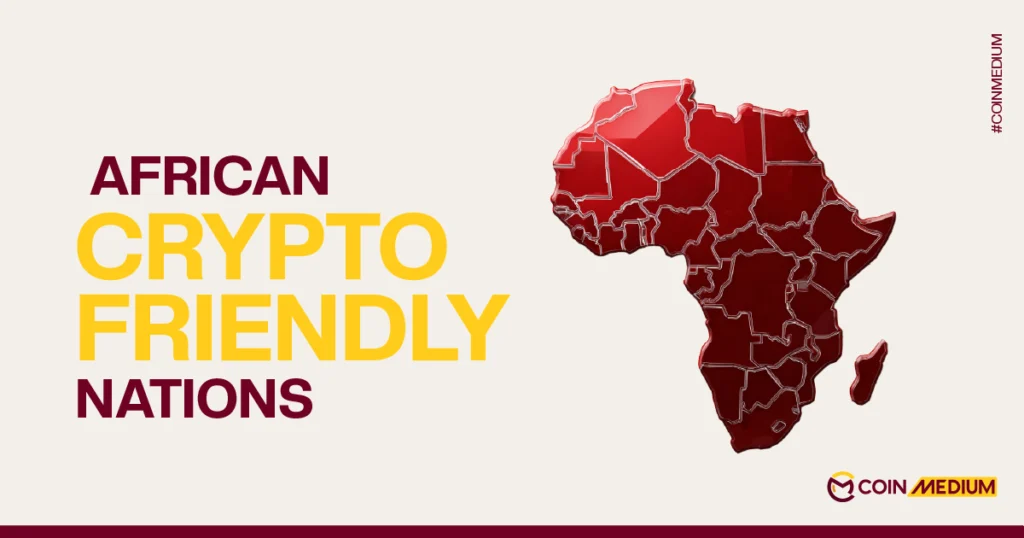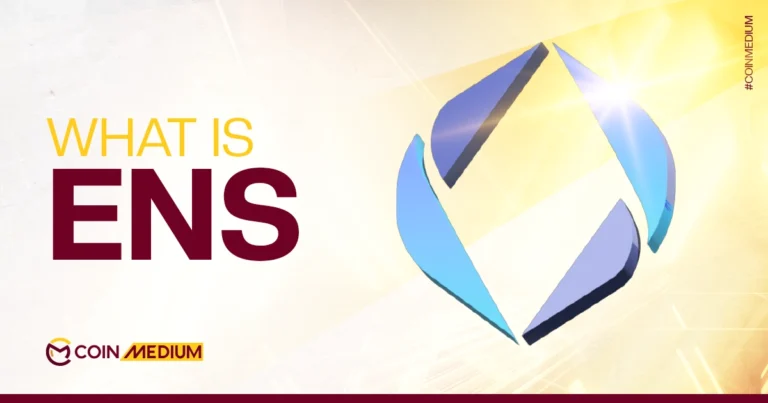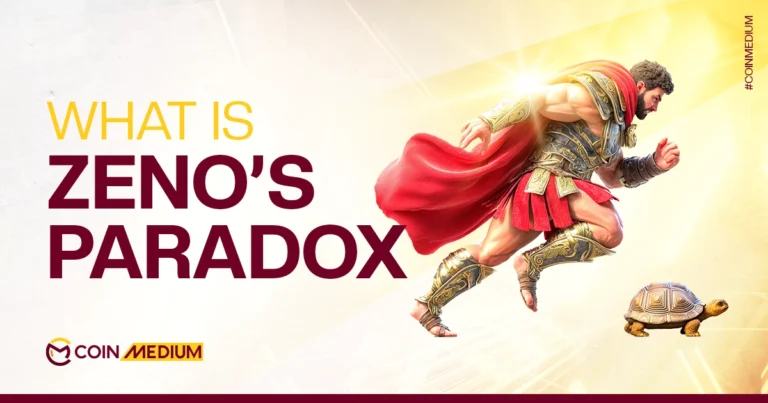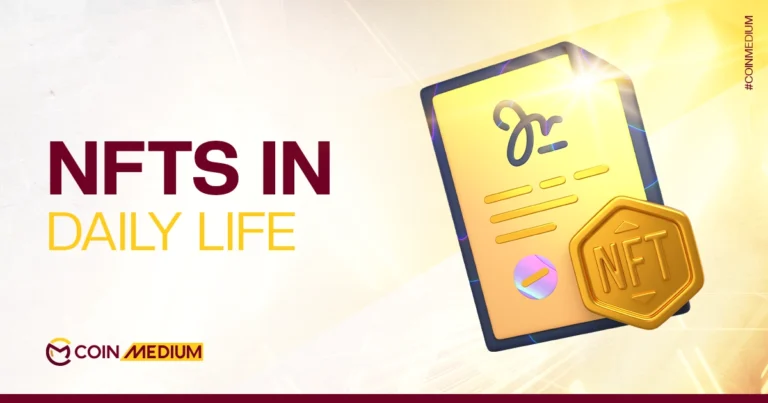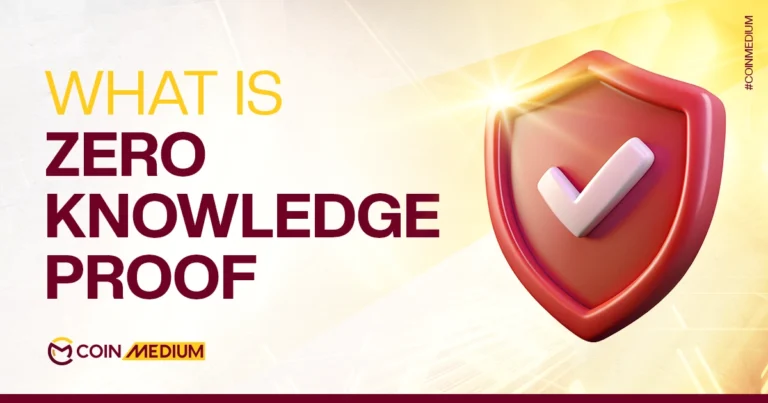Digital finance has seen exponential growth in the past decade with the African crypto-friendly countries making headlines. In fact, Africa has emerged as a power house with South Africa, Ghana, Mauritius, and Kenya leveraging blockchain technology.
The fact that Africa is home to a young, tech-savvy population has further enhanced its position in innovation.
On the other hand, because Africa faces challenges like inflation, remittances, and financial inclusion, the reliance on blockchain and cryptocurrency has further propelled.
In this article, we will dive deep into four standout African crypto-friendly countries, which are South Africa, Ghana, Mauritius, and Kenya.
Common Denominators of Top African Crypto-Friendly Countries in 2025
African countries are not just embracing blockchain; they’re crafting regulations that balance innovation with security. They are in fact attracting global investors and fostering local startups within the region.
According to statistics, Sub-Saharan Africa leads in global crypto adoption rates. Meanwhile, the rest of Africa is quickly catching up with progressive regulation, policies and infrastructure.
From regulatory maturity in South Africa to innovative hubs in Mauritius, these countries are going beyond adoption to reshape its global narrative. They pioneer regulatory frameworks and constantly position themselves as hubs for blockchain technology.
What are the Top African Crypto-Friendly Countries?
From South Africa’s robust exchange ecosystem to Kenya’s vibrant conference scene, our picks of African crypto-friendly countries exemplify how digital assets can drive growth, even as global regulations tighten.
So let’s dive right in to discover them. Shall we?
South Africa: The Regulatory Pioneer and Adoption Leader

South Africa stands out as one of the most crypto-friendly countries in Africa, coupled with a mature financial sector and forward thinking regulations.
In mid-2025, the Financial Sector Conduct Authority (FSCA) of the country fully implemented the Travel Rule for crypto asset transfers. This mandates Crypto Asset Service Providers (CASPs) to enhance transparency and combat illicit flows. This makes South Africa a safe haven for institutional investors.
Crypto adoption in South Africa is also skyrocketing, with over 9 million users engaging in crypto activities in the nation.
In 2025, South Africa introduced a new framework for regulating cross-border crypto transactions, allowing licensed providers to handle international flows while monitoring for risks.
Taxation treats crypto as an intangible asset, with capital gains taxed up to 18% after a R40,000 exclusion, encouraging long-term holding.
In South Africa, crypto is reshaping remittances and e-commerce. Remittances to South Africa hit $3 billion annually, and blockchain reduces fees by up to a whopping 50%.
Meanwhile, events like the Africa Tech Summit highlight blockchain’s role in agriculture and supply chains in the country. This could even mean more foreign direct investment in the nation.
Energy costs for mining remain a struggle, but renewable-powered operations are on the rise as a solution.
As far as investors are concerned, South Africa’s blend of stability and opportunity makes it a top pick among African crypto-friendly countries.
Ghana: Surging Adoption Amid Economic Resilience

Ghana is rapidly becoming a beacon among crypto-friendly countries in Africa, thanks to its proactive stance on regulation and high adoption rates.
In September 2025, the Bank of Ghana is to submit a comprehensive regulatory framework to parliament, licensing bitcoin and crypto platforms to operate legally.
As of July 2025, up to 17% of adults, roughly about 3 million people use digital assets in Ghana. Ghana’s youth, with over 60% under 25, drive this adoption through mobile wallets and education campaigns.
It is common for countries to embrace crypto when their native currency depreciates and inflation skyrockets, like for instance in Latin America. Surprisingly though, Ghanaian cedi’s remarkable 20% appreciation against the US dollar in 2025 hasn’t deterred crypto growth.
In fact this has complemented crypto in Ghana by stabilizing the economy while crypto serves as a hedge against past inflation.
In another key development, the e-Cedi, a central bank digital currency (CBDC) pilot, integrates with blockchain for cross-border payments in Ghana.
Crypto is also empowering small businesses; farmers use blockchain for transparent supply chains, reducing fraud in cocoa exports. Additionally, events like the Africa Money & DeFi Summit in Accra spotlight user-friendly Web3 tools to boost inclusion.
However, Ghana navigates the crypto sphere carefully. There are no outright crypto bans but strict anti-money laundering rules.
In 2025, the country’s crypto adoption grew 38.2% with heavy focus in the student-focused initiatives, taking it among the top African crypto-friendly countries.
In this context, Ghana is poised to lead West Africa’s crypto scene in one of Africa’s most dynamic economies.
Mauritius: The Island Fintech Hub Attracting Global Talent

Often known as Africa’s fintech gateway, Mauritius is another solid African crypto-friendly country with innovative licensing and ecosystem building.
The country’s Virtual Asset and Initial Token Offering Services (VAITOS) Act enables Virtual Asset Service Providers (VASPs) to obtain licenses, offering a clear path for exchanges, custodians, and token issuers.
As a matter of fact this clear cut legislation has drawn international players, with projected crypto revenue reaching US$780,700 by end 2025.
The Mauritius Africa FinTech Hub (MAFH), launched to connect entrepreneurs with investors, hosts events to foster discussions on blockchain’s African impact.
Another very attractive thing about the nation is Mauritius’ tax incentives. There is no capital gains tax on crypto for non-residents, which makes it appealing for global nomads and funds.
Truthfully, crypto adoption is niche in Mauritius but it’s definitely growing with mining legalized and exchanges like Binance expanding. Tokenization of assets, such as real estate, is booming as well, positioning Mauritius as a hub for digital securities. The island’s stable politics and English-French bilingualism attract talent from Europe and Africa alike.
Having said that Mauritius, is not immune to challenges like limited domestic market size, but Mauritius leverages its position for pan-African fintech. For instance, startups use blockchain for remittances, serving the diaspora in France and the UK.
In 2025, crowdfunding via tokens surged, with the Economic Development Board promoting Mauritius as a “growing fintech and crypto hub.”
If you ask me, it’s definitely a strategic base for crypto ventures eyeing the region and a top crypto-friendly country in the African continent.
Kenya: Blockchain Innovation Meets Regulatory Evolution

Kenya, known for mobile money pioneer M-Pesa, is now a frontrunner among crypto-friendly countries in Africa. The country literally went from warnings to legalization.
The Kenyan Virtual Asset Service Providers (VASP) Bill 2025 defines blockchain and regulates crypto activities. This framework protects investors while enabling innovation, with the Capital Markets Authority overseeing licenses.
Crypto adoption is vibrant in Kenya with over 5 million users in 2025. The country also hosts many blockchain conferences and new laws driving this momentum. The Kenya Blockchain and Crypto Conference (KBCC) 2025, held in June, drew 1,633 attendees, focusing on regulatory reforms and Web3’s transformative potential.
In Kenya, crypto aids financial inclusion in rural areas, where blockchain tracks agricultural supply chains and facilitates microloans. Remittances, at $4 billion annually, benefit from low-fee crypto transfers. Startups like BitPesa (now AZA Finance) integrate crypto for cross-border trade. The nation’s fintech scene also thrives, with tax breaks for renewable-energy miners.
Every rose has its thorns. So Kenya’s challenges too persist; like energy volatility. However, solutions like solar-powered mining are emerging.
With projections for doubled crypto adoption by 2026, one could say Kenya’s crypto evolution really went from opposition to embrace.
Concluding Thoughts: Africa’s Crypto Future Beckons
With Africa’s crypto market projected to grow significantly due to its young population and economic needs, South Africa, Ghana, Mauritius, and Kenya illustrate Africa’s diverse approaches to digital assets in 2025. In a sense, South Africa and Mauritius attract institutional investors, while Ghana and Kenya drive mass adoption offering unparalleled opportunities. As such, these top African crypto-friendly countries in the spotlight are poised to lead the African crypto revolution.



